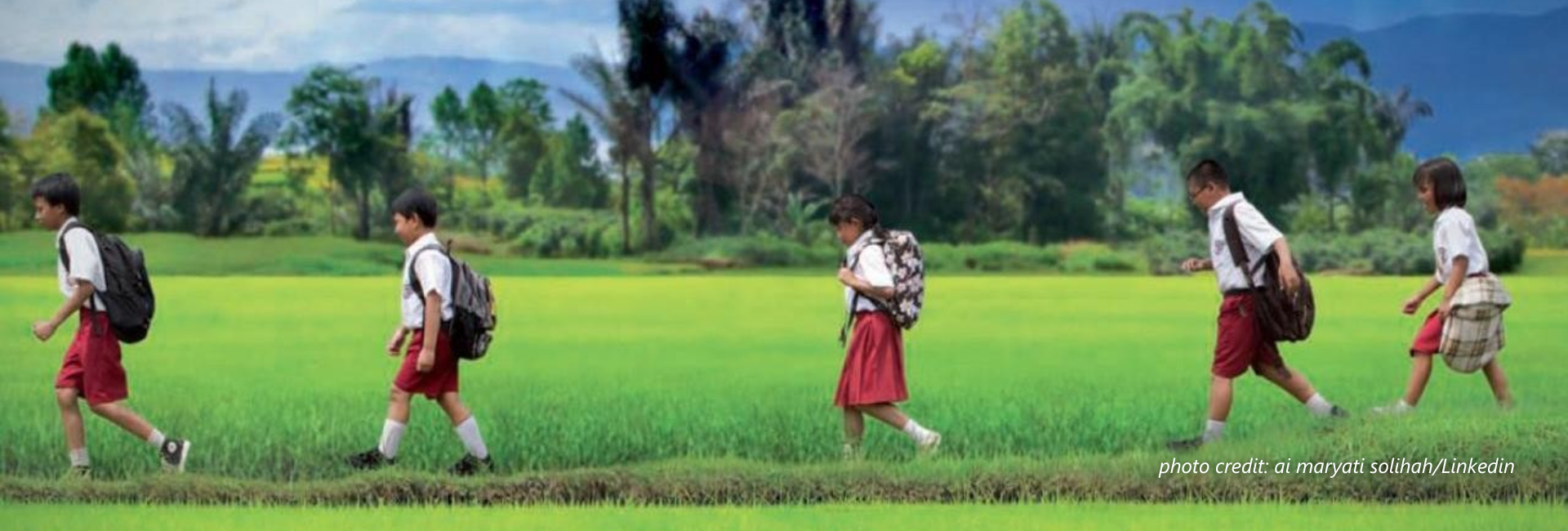Child labor is a phenomenon that has attracted a great amount of attention and research. Theoretical propositions suggest that child labor is inefficient if it adversely affects future potential earning ability. This paper contributes to the literature on the effects of child market work on human capital by focusing on the long-term growth in human capital, which is widely known to significantly affect earning ability. The paper also uses better measures of human capital by focusing on the output of the human capital production function: numeracy skills, cognitive skills, and pulmonary function. Using a rich longitudinal dataset on Indonesia, we find strong negative effects of child labor on the growth of both numeracy and cognitive skills in the next seven years. In addition, we find a strong and negative effect on pulmonary function as measured through lung capacity. Comparing the effects by gender and type of work, we find that female child workers suffer from more adverse effects on their mathematical skills growth, while male child workers experience a much smaller growth in their pulmonary function. We also find that child workers who work for a wage outside the family bear worse effects compared to child workers who work in the family business.



